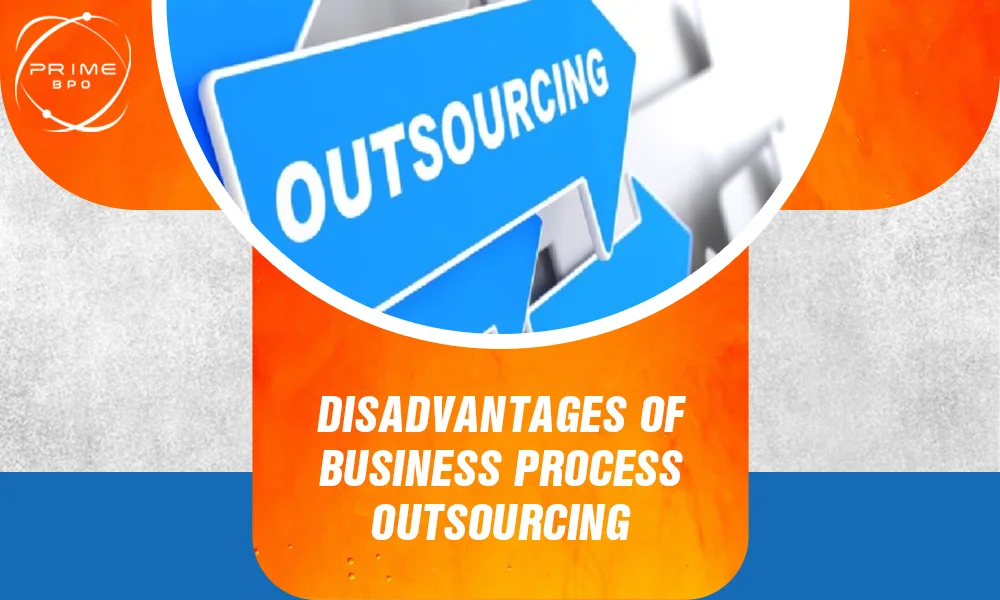How much happiness do we feel when someone helps us complete our task, substitute our work, and fulfill it in a limited time? This is a great thing, but this happens in two conditions. One is when our family, friends, or those known to help us without their benefit, and the second is when we pay someone to help us. One of the common systems in houses for help is hiring a maid. We hire a maid to do our household chores and others like plumbers, electricians, gardeners, etc.
How much happiness do we feel when someone helps us complete our task, substitute our work, and fulfill it in a limited time? This is a great thing, but this happens in two conditions. One is when our family, friends, or those known to help us without their benefit, and the second is when we pay someone to help us. One of the common systems in houses for help is hiring a maid. We hire a maid to do our household chores and others like plumbers, electricians, gardeners, etc. But each thing has drawbacks. Let's explore Disadvantages of business process outsourcing.
Get Free Quotes
Customized Options Await
What is Business Process Outsourcing (BPO), and how does it work?
In simple terms, Business Process Outsourcing is the strategy of outsourcing some business processes to other companies rather than having a dedicated in-house team.
In-sourcing means that the work is done within the organization frameworks by specialized teams for each business process.
These are options, which in turn call for either recruitment of new employees and training them, or overworking the existing employees. Outsourcing on the other hand transfers the operations and processes outside thus leveraging on the outside organization's workforce and resources.
There are two main reasons companies decide to outsource their business operations: savings and better direction of their resources towards the major areas of corporate activity. As there are always pros and cons, in most cases, when some activities are outsourced it gives the company a great increase in the work effectiveness.
Let’s move to the advantages and Disadvantages of business process outsourcing.
Some common types of BPO services are:
- Data entry
- Customer support services
- Digital or normal marketing
- Financial services
- Advertising service
- Health care and management
- Human resource management
- Supply chain management service
Advantages of BPO
BPO is cost-effective:
BPO companies are cost-effective for a business because they offer impeccable services at pocket-friendly pricing. All the resources are managed properly in BPO to meet client expectations and requirements. With BPO services, a business can save up to 30% of the invested money.
Reduce the burden on employees:
Employees feel stressed and overburdened due to duties, making them sluggish too. BPO applies such a strategy in which employees work freely and efficiently.
Focus on core business:
After lending work, a BPO company can focus on its core competencies without any burden by the demands of bureaucracy. It improves the flexibility of the business.
Available 24/7 for smooth functioning:
The BPO industry is growing at an extremely fast rate as it works 24x7 to assist big companies to work smoothly. It has day and night-shift working where employees are always available to solve the issues of customers. The BPO industry follows the US working pattern because monthly BPO works for the US companies in India.
Disadvantages of BPO
Here are some Disadvantages of business process outsourcing, Let’s explore
Loss of Control:
Outsourcing means a company contracts out the business processes to a third-party service provider and has no direct control over the quality of the work done. Although the service level agreements (SLAs) and other performance figures are useful for keeping service quality in check, their implementation means that you do not have the same amount of control that you used to when the tasks were performed in-house. This can result in varying quality of work, and therefore customers’ dissatisfaction, and overall dissatisfaction with your brand.
Businesses relying heavily on the outsourced service provider might find themselves dependent on outside parties for their essential operations. This can be risky, making your company more susceptible to external factors beyond your control.
Communication Challenges:
One of the major Disadvantages of business process outsourcing that can arise from working with an external team is that this tends to hamper communication. It is challenging to work with members from other time zones, regions, or countries, which makes cooperation a complicated process. What measures do you take to facilitate communication in your work? Sometimes misunderstandings occur, so cooperation is delayed, and mistakes are made by one or both partners.
Security and Data Privacy Concerns:
There is always a risk of sharing such detailed information with an outsider as a provider. Then, how do you keep your data safe? Is the security of their system as tight as your security measures? Loss of data and privacy issues can create negative publicity and reputation as well as cost you a lot.
Hidden Costs and Unforeseen Challenges:
During outsourcing work to a BPO company, an organization must sign a legal contract and bear legal expenses in case of a dispute or disagreement. The organization has to pay indirect charges in case of work delay and delivery date.
Monitoring Issues:
One of the major Disadvantages of business process outsourcing a team is that it becomes difficult to monitor the performance of the team. How do you know that they are productive in their task performances? Is it efficient enough to meet deadlines and a certain level of quality? It is, however, important and often challenging to monitor progress.
Need proper planning:
BPO is an external service provider contracted by an organization to perform an essential business function or task. BPO has to prepare its infrastructure or work model so well that it can be opted for by organizations for their work, which they can trust. Several people work in a BPO therefore functioning of a BPO needs proper planning that includes:
- How to execute the task?
- What work is assigned to whom?
- Calculating how much profit the business will give
- Handling of staff with rules and regulations
- Preparing work model
- And other tasks too
Impact On Company Culture:
When a business or organization plans to outsource its work, it must consider its impact on the company culture. A positive work culture results in a higher level of productivity but a negative cultural impact in these ways:
- It may confuse the employees about the company (why it's outsourcing a particular task)
- Effect on the daily workflow of the company
- Some employees of the organization may feel rejected
Get Free Quotes
Customized Options Await
Considerations Before Implementing BPO
Before implementing BPO for your organization, you should make several essential considerations to ensure a successful transition. Here are some key considerations: Strategic Alignment Ensure that BPO matches the long-term strategic goals of your company. It should complement your core business tasks rather than detract from them.
Vendor Selection:
Be careful when choosing a BPO service provider. Assess their reputation, experience, skills, financial stability, and references. Look for a provider whose culture and values align with your business’s.
Data Security and Compliance:
If the BPO provider will handle sensitive customer or proprietary data, ensure they adhere to strict data security protocols and follow applicable laws.
Cost-Benefit Analysis:
Carry out a cost-advantage analysis to determine the amount of savings and returns on investment of BPO. Expenses should include device costs and associated costs that could require additional time or effort.
Service Level Agreements (SLAs):
Ensure that there are well-defined SLAs that indicate performance, response time, and quality parameters. It is essential to specify the SLAs in the contract as well as ensure you both agree on them.
Transition Plan:
Create a set of guidelines for preparing a detailed transition plan indicating how office operations will be handed over to the BPO provider. Make sure it provides the timelines as well as key milestones, and roles and responsibilities of both parties.
Quality Control:
Establish ways and techniques for monitoring and maintaining the quality of BPO services. Performance reviews, inspections, and assessments need to be carried out systematically.
Customer Experience:
Think about how BPO has the potential to affect your customers. It should be noted that the changeover should not have a negative effect on service delivery or customer satisfaction.
Conclusion:
BPO business process outsourcing follows the golden rule of "happy customer, happy business". This is the motto of BPO. With advantages and Disadvantages of business process outsourcing , BPO has established itself as the fastest growing and profitable industry among all competitors as a third-party specialist to carry out some parts of the business operation and process. Working with a BPO, a company must consider all these aspects.
https://unity-connect.com/our-resources/bpo-learning-center/bpo-risks-and-drawbacks/
https://corporatefinanceinstitute.com/resources/management/business-process-outsourcing-bpo/
https://www.nextprocess.com/bpo-solutions/pros-and-cons-of-business-process-outsourcing-bpo/






